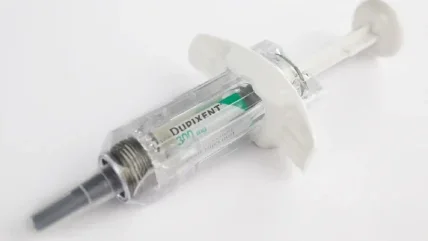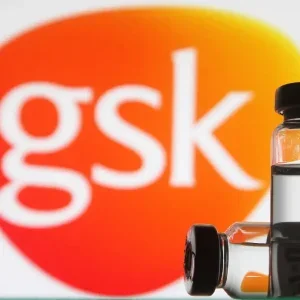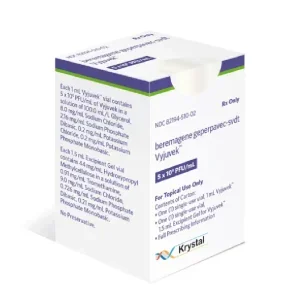
Regeneron and Sanofi have obtained the US Food and Drug Administration (FDA) approval for Dupixent (dupilumab) to treat chronic spontaneous urticaria (CSU) in patients aged 12 years and older.
The approval provides a new treatment option for those who remain symptomatic despite histamine-1 (H1) antihistamine therapy.
CSU is a chronic inflammatory skin condition characterised by sudden hives and recurring itch, often driven by type 2 inflammation.
Traditional treatments involve H1 antihistamines, but many patients experience uncontrolled symptoms, highlighting the need for alternative therapies.
Dupixent addresses this gap by inhibiting interleukin-4 (IL-4) and interleukin-13 (IL-13) pathways without acting as an immunosuppressant.
Regeneron board co-chair, president and chief scientific officer George Yancopoulos said: “Dupixent is the first new targeted treatment for chronic spontaneous urticaria, or CSU, in over ten years, with pivotal trials demonstrating its ability to help patients significantly reduce the hallmark symptoms of intense itch and unpredictable hives associated with this disease.
“With this FDA decision, Dupixent is now approved for seven chronic, debilitating atopic conditions driven in part by underlying type 2 inflammation, several of which have been shown to co-morbidly occur with CSU, such as atopic dermatitis and asthma, providing patients with one treatment that might help multiple atopy conditions.
“We look forward to bringing Dupixent to the more than 300,000 CSU patients in the US with inadequately controlled disease on standard-of-care treatment who, until now, had limited treatment options.”
The FDA approval was supported by data from two Phase 3 trials, Study A and Study C, which involved biologic-naïve patients aged 12 and older.
In the clinical trials, Dupixent, as an add-on therapy to standard antihistamines, showed significant reductions in itch severity and urticaria activity compared to placebo at 24 weeks.
Also, the drug increased the likelihood of well-controlled disease or complete response.
Study B provided further safety data, focusing on patients who were inadequate responders or intolerant to anti-IgE therapy.
Dupixent showed a consistent safety profile across all three trials against its known profile, with injection site reactions being the most common adverse event.
The drug was already approved for CSU in Brazil, Japan, and the United Arab Emirates (UAE), and is under regulatory review in other regions, including the European Union (EU).
Sanofi immunology and oncology development global therapeutic area head Alyssa Johnsen said: “CSU patients with uncontrolled disease experience highly burdensome itch and hives that can significantly disrupt daily living.
“This FDA approval provides a new treatment option to help address the underlying drivers of these severe and recurring signs and symptoms.
“Dupixent has the potential to improve outcomes for CSU patients who previously had limited treatment options.”






